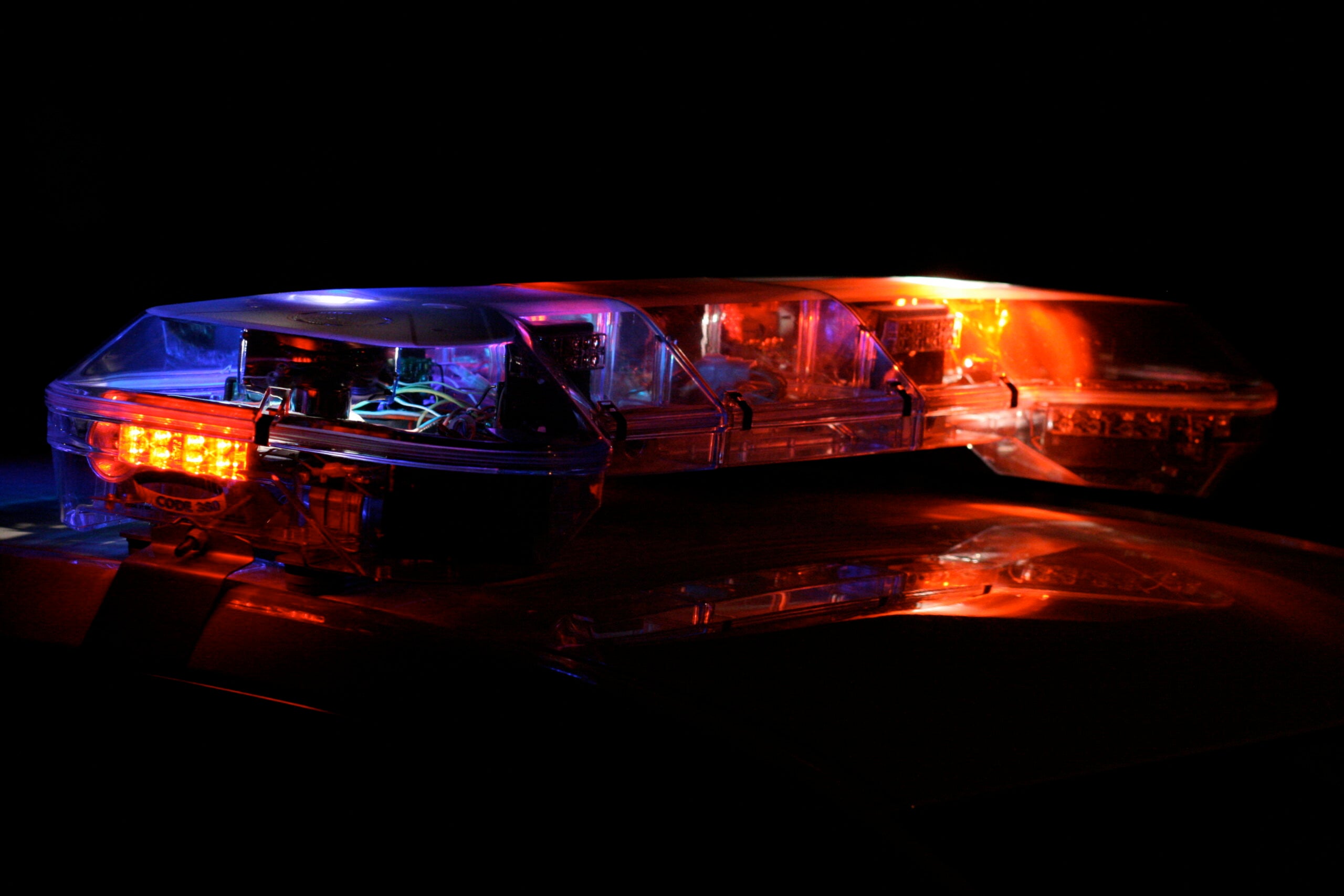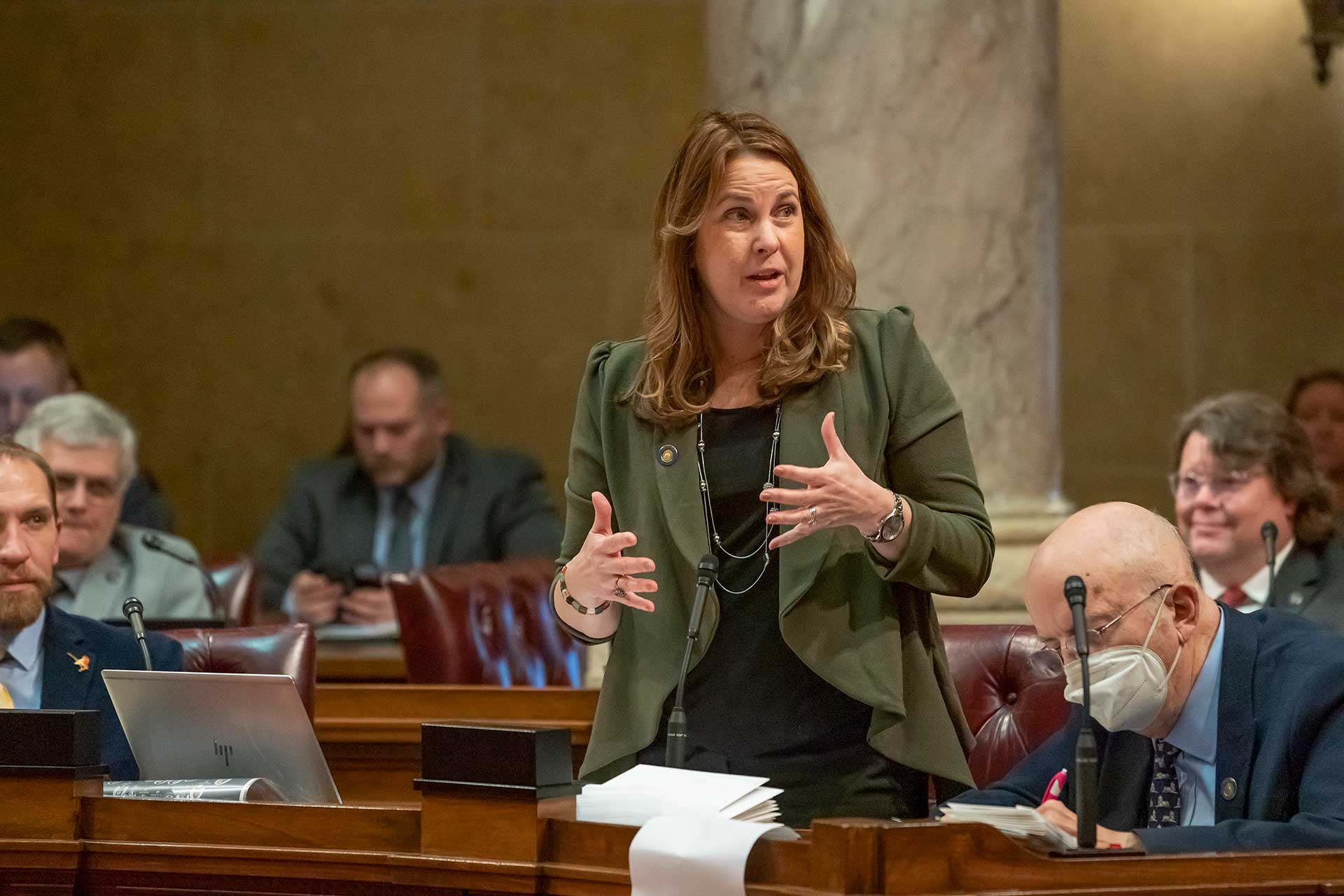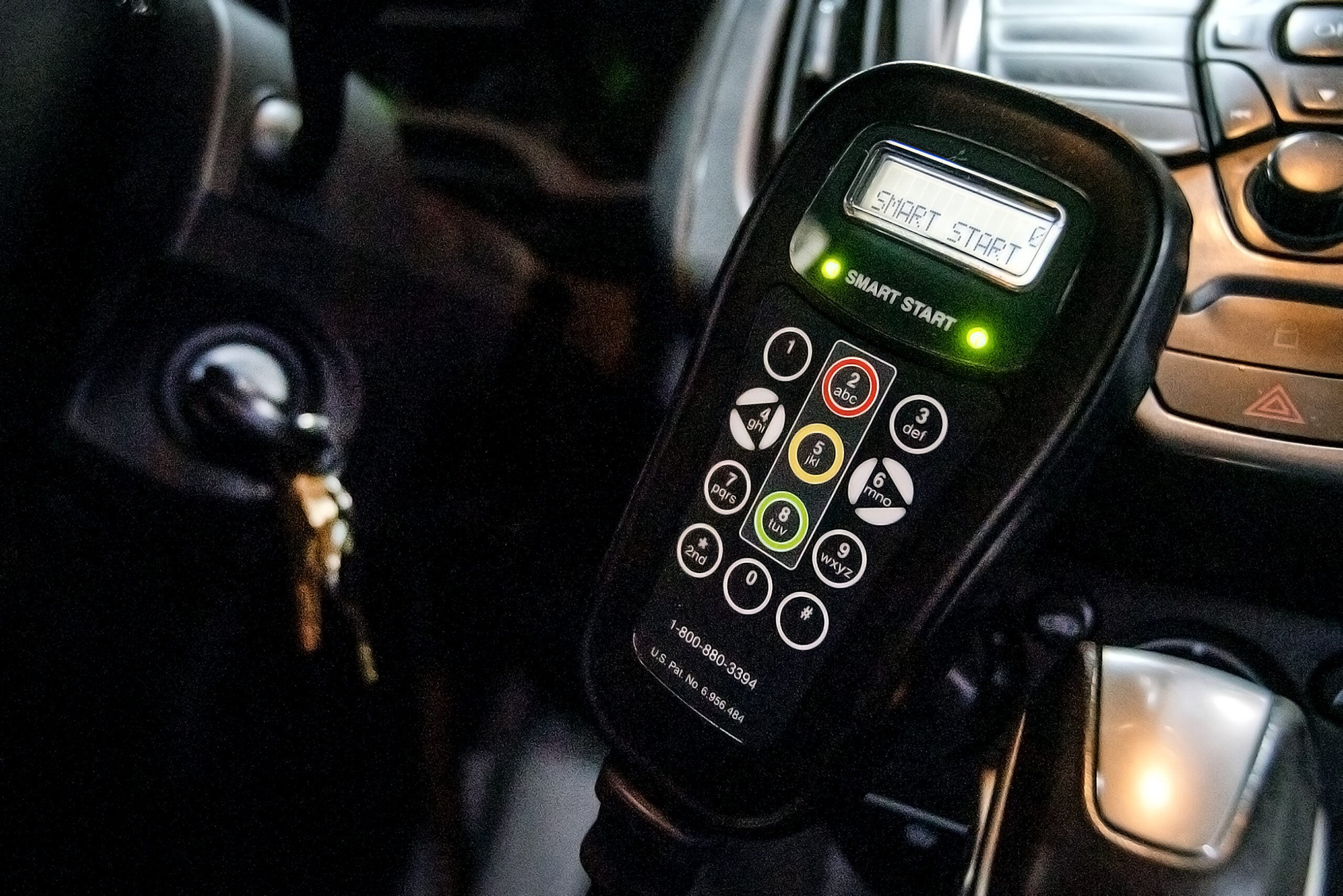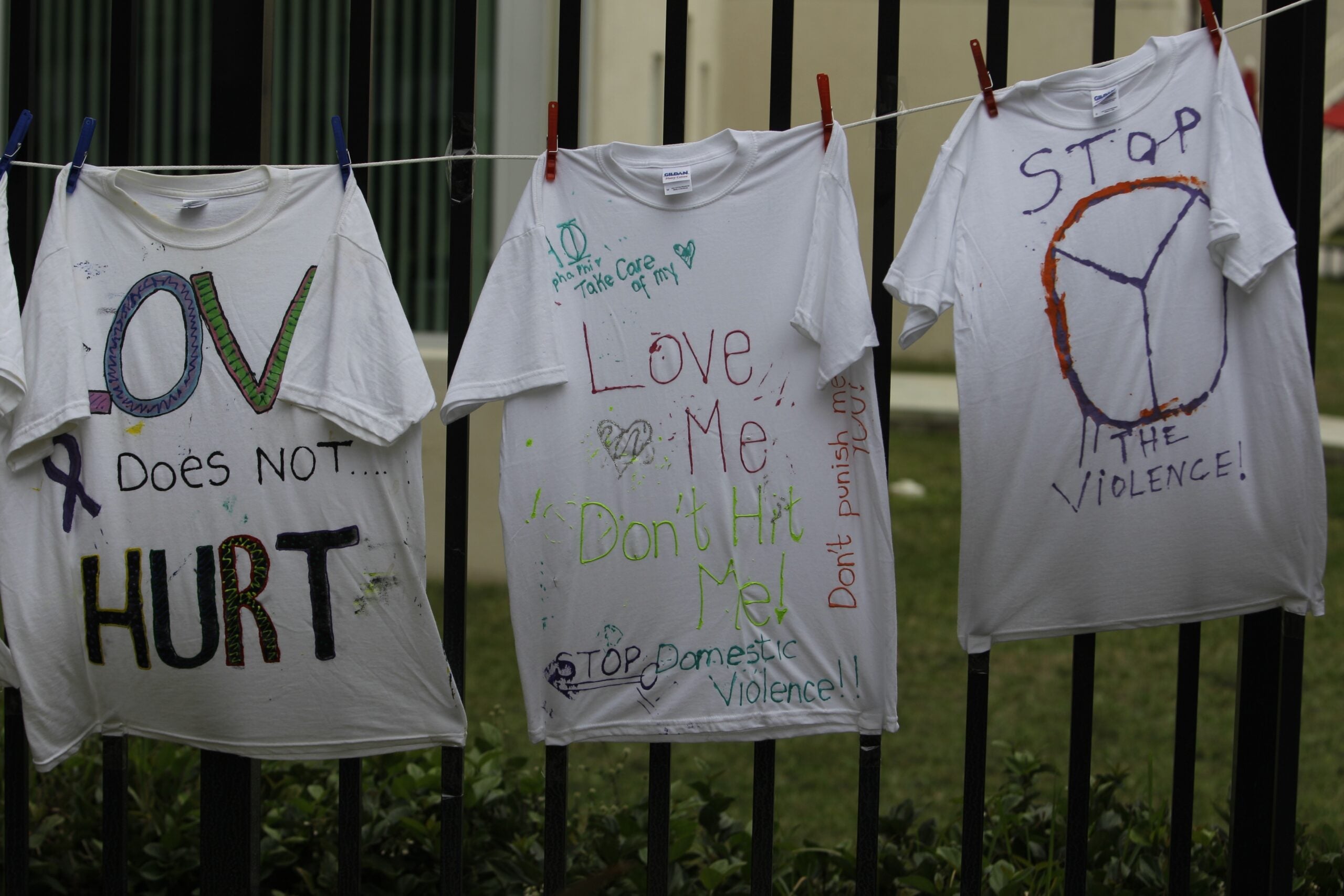A bill that would revoke the licenses of repeat drunken drivers passed out of an Assembly committee on Tuesday.
The Wisconsin Department of Transportation, according to the bill, would be required to revoke a person’s driver’s license if they commit four or more drunken driving offenses, or if they commit two or more drunken driving offenses along with two or more “qualifying convictions.”
According to the bill “A qualifying conviction is 1) a conviction for certain homicides that involve the use of a motor vehicle or 2) a conviction for certain felonies involving the use of a motor vehicle.”
Stay informed on the latest news
Sign up for WPR’s email newsletter.
Nearly 24,000 Wisconsin residents were convicted of drunken driving offenses in 2015, according to the state DOT. A Dec. 31, 2015 “snapshot” of the agency’s driver records showed that 21,516 people in the state had four or more OWI convictions.
The penalties for drunken driving offenses become more serious with each offense. The first OWI conviction comes with a fine, no jail time and the possibility of licenses being revoked for a period of time. Under current law, a fourth offense is punishable with a $600 to $10,000 fine, 60 days to six years in prison and possible revocation of licenses for up to three years. If passed, this bill would require the state DOT to revoke the licenses of four-time repeat offenders.
State Rep. Jill Billings, D-La Crosse, voted against the bill. She said she appreciates the measure’s intent, but she thinks it will cause more issues.
Rep. David Crowley, D-Milwaukee, also voted no.
“I just believe that this is going to cause more people to be driving without licenses, more people to be driving without insurance,” Billings said at the Assembly Committee on Transportation’s executive session.
The bill states the DOT would be required to take away offenders’ driving privileges, with the caveat that those who had their licenses taken away could apply to have them reinstated after 10 years. To qualify for a reinstated license, the offender must comply with an alcohol use assessment and can’t have been convicted of certain felonies involving vehicles.
Rep. Debra Kolste, D-Janesville, voted for the legislation to leave committee, but she expressed doubts about the effectiveness.
“One of the things that truly makes a difference and the only thing that probably makes a difference in drunken driving is the assumption that you might get caught,” Kolste said.
Wisconsin Public Radio, © Copyright 2025, Board of Regents of the University of Wisconsin System and Wisconsin Educational Communications Board.




